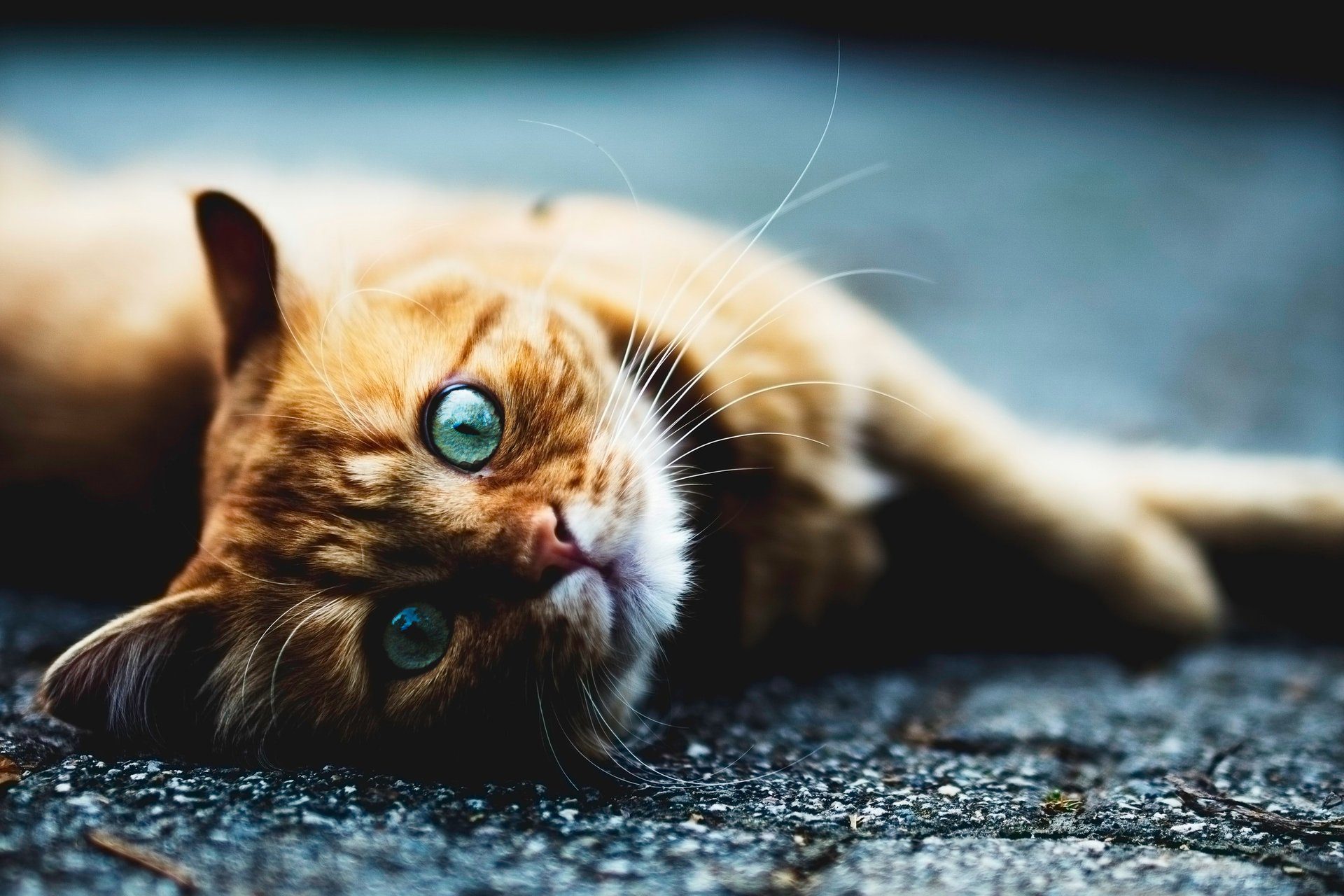Salamanders exist in a variety of breeds, each made up of different shapes, sizes, colors, and natural habitats. Just like with humans, a balanced diet and proper nutrition are key to the health and well-being of your pet. And like almost all amphibians, salamanders are carnivores. Knowing what and what not to feed him can help ensure your little buddy has a healthy, long life. In this post, a veterinarian lays out a few salamander diet dos and don’ts.
Salamander Diet Dos
Dietary Needs
As amphibians, salamanders should be fed a carnivorous diet that consists of foods they would eat in their natural habitat. This includes both land and water environments. If your pet is a land-dweller, mealworms, insects,tubifex worms, crickets, and white worms should make up the bulk of his diet. For water-dwellers, you’ll want to feed him water-borne critters, like brine shrimp, bloodworms, and nightcrawlers.
Commercial Food Options
Commercial food options or pellets are another way to go since they contain processed worms and insects. Still, processed foods shouldn’t be the main part of your salamander’s diet. As natural-born hunters, amphibians need to hunt for their food. Also, some captive breeds will just won’t eat pellets for that very reason. Feeding your salamander freeze-dried insects instead of live ones is another option to consider.
Salamander Diet Don’ts
Feeding Schedule
One common misconception about feeding salamanders, and amphibians in general, is that they should be fed every day. Actually, adult salamanders only need to be fed two or three times a week and feedings should occur at nighttime. It’s rather the juvenile or younger salamanders that need to be fed daily. And always have fresh, clean, chlorine-free water available for your little friend.
Fruits and Vegetables?
Your salamander’s digestive tract has a really hard time processing anything other than meat, so you shouldn’t feed him fruits or vegetables. However, your pet does still need some fruit and vegetable-based nutrients, so you’ll want to make sure the insects you feed him have been fed lots of fruits and vegetables.
Supplements?
Most amphibians don’t need vitamins and supplements in their diets. But your little salamander buddy will still need calcium powder supplements for bone health. Also, be sure to get calcium powder that doesn’t contain vitamin D3 since this can be toxic to amphibians.
If you have more questions or want to schedule a checkup for your, don’t hesitate to call us today!






!Social Media Icons